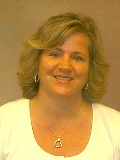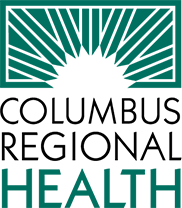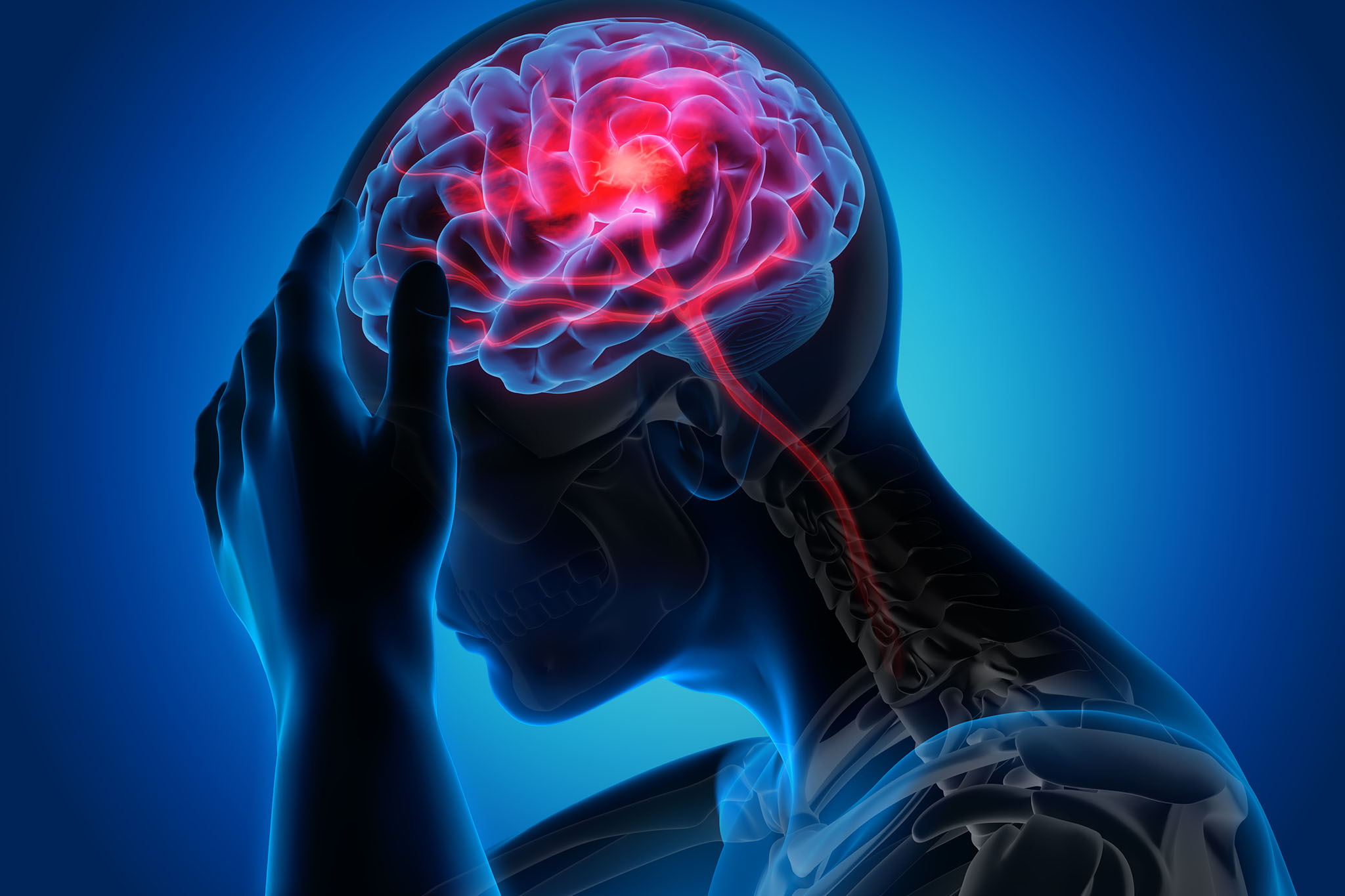About 700,000 Americans each year suffer from a stroke. A stroke is an attack on your brain. Strokes occur when a blood vessel that carries oxygen and nutrients to the brain is blocked by a clot or bursts.
When it comes to brain health and the risk of brain injury, every minute matters. Knowing the warning signs of stroke could save your life or the life of someone you love. If you experience one or more of the following warning signs, call 911 immediately. Don’t wait.
An acronym we use to indicate symptoms or signs of a stroke is to remember to
BE FAST. When any of these symptoms are noticed, call 911 or get to the closest Emergency Department.
Balance: Watch for sudden loss of balance
Eyes: Check for vision loss
Face: Look for an uneven smile
Arm: Check if one arm is weak
Speech: Listen for slurred speech
Time: Call 911 right away
Changes in the blood vessels occur over years. Thus, if you have had one stroke, you are at greater risk of having another one within the next year. A stroke may cause physical and mental difficulties. These can include mild to severe paralysis on one side of the body, difficulty understanding words or speaking, slow thinking, and fatigue.
Columbus Regional Health is accredited through the ACHS (Accreditation Commission for Health Care) for Primary Stroke Certification. CRH stroke services feature a multidisciplinary team of healthcare professionals led by board-certified neurologists and clinical nurse specialists supported by a team of emergency physicians, radiologists, therapists and other professionals. When a patient is seen by Emergency Medical Services the CRH professional follow a strict process to rapidly assess for stroke symptoms and instigate treatment. This includes a rapid assessment via a have a neurologist remotely through video. The patient can receive a medication to break up the clot, called a thrombolytic, if the time frame of treatment is within hours of the onset of stroke.
From community education, to stroke treatment and therapy, stroke rehabilitation and our self-management recovery model combined with the national standards and guidelines that we follow, our team delivers more successful patient outcomes.
Learn more at crh.org/stroke.
Michelle Sink, RN, BSN
Columbus Regional Health
Emergency Department



